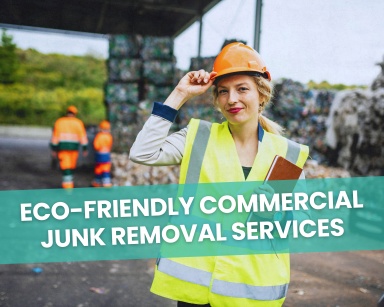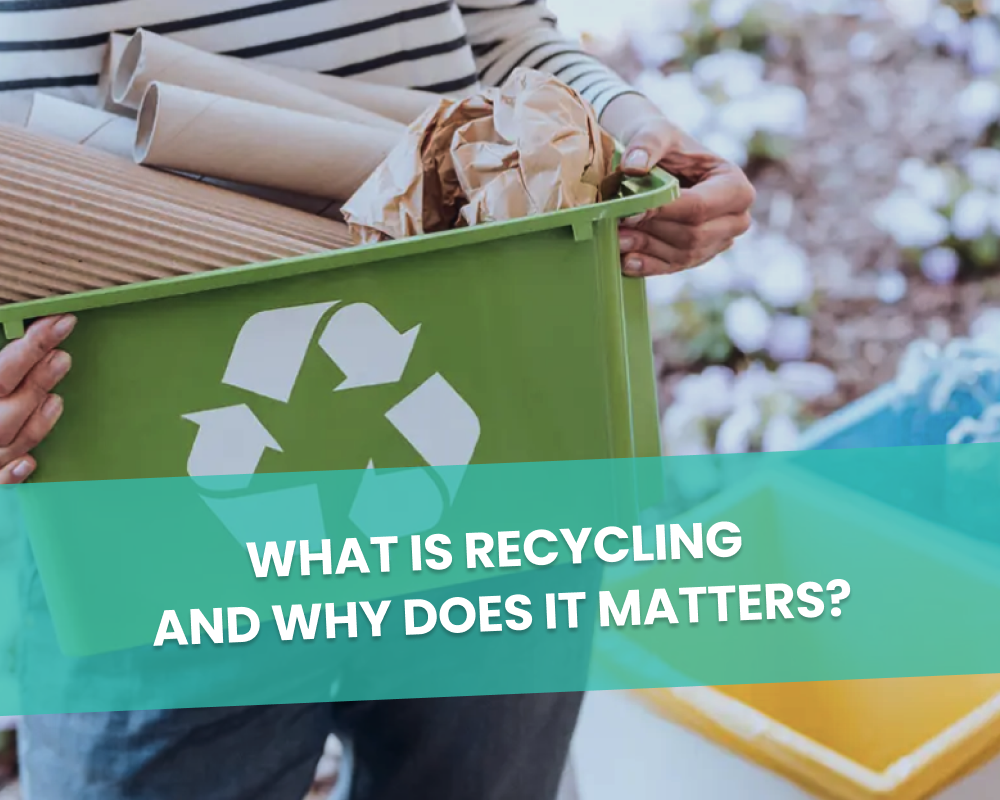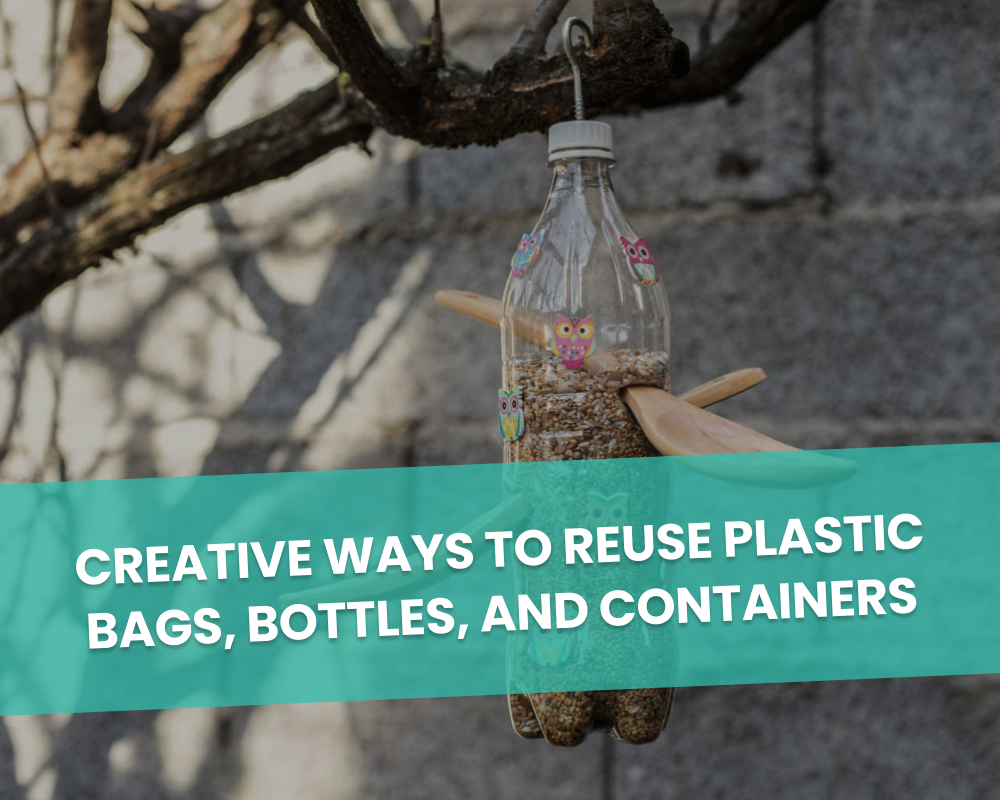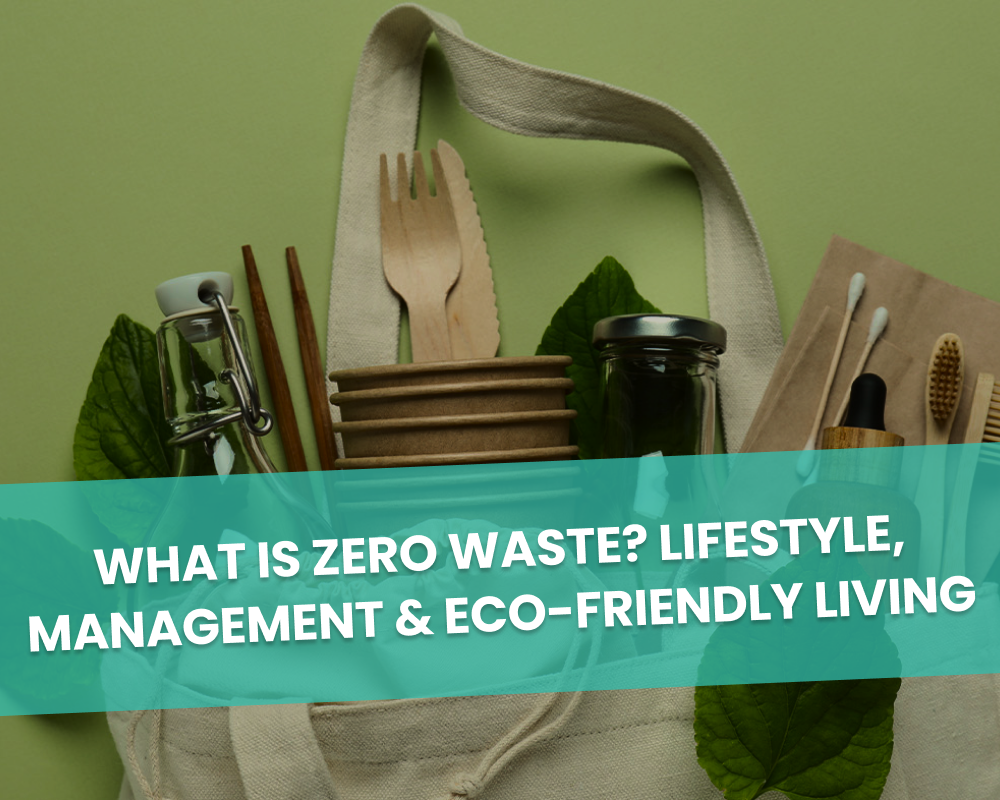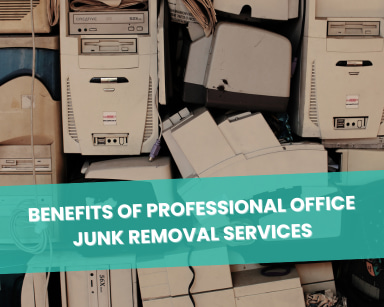Waste Disposal Service: Beneficial Reuse Management for a Greener Tomorrow
Table of Contents
Transform Waste into Assets with Beneficial Reuse Management
In the wake of an environmental crisis, the global community is reevaluating its stance on waste management. There is an increasing urgency to combat the ever-growing landfills, and innovative solutions are more crucial than ever. One such novel approach is beneficial reuse, a cornerstone of the modern waste disposal service.
The Significance of Waste Disposal Service in Today’s World
We are in the midst of a worldwide waste dilemma. The relevance of efficient waste disposal services cannot be overstated. They not only play a vital role in safeguarding our environment but also ensure that our communities remain clean, safe, and sustainable. Additionally, the strategic management of waste can serve as a vehicle for sustainability and environmental responsibility, two factors that are quickly becoming business imperatives.
Understanding Beneficial Reuse Management
Beneficial reuse is a forward-thinking component of waste disposal services, aiming to repurpose or recycle waste, thereby reducing its impact on the environment. Instead of seeing waste as a problem, beneficial reuse service considers it a resource. With its focus on transforming waste into valuable assets, beneficial reuse can divert significant volumes of waste from landfills and contribute to a circular economy.
Beneficial Reuse Management: An Engine for Zero Landfill Waste and Improved ESG Scores
The essence of beneficial reuse management lies in its potential to push the boundaries of conventional waste disposal, steering us towards zero landfill waste. It presents an opportunity for businesses to reevaluate their waste management practices and strategies. Moreover, by reducing waste, it helps boost companies’ ESG (Environmental, Social, and Governance) scores—an increasingly vital metric in today’s sustainability-focused business landscape.
Transforming Waste into Valuable Resources
Consider a scenario where a manufacturing company had to deal with a significant amount of waste material. Instead of discarding it in a landfill, they employed a beneficial reuse service. As a result, the waste was repurposed into raw materials for a local small business. Not only did this reduce the amount of waste going into landfills, but it also supported local entrepreneurship, exemplifying a win-win situation for all.
The Role of Various Industries in Beneficial Reuse Management
Different sectors can leverage beneficial reuse management to minimize their waste and encourage sustainability. Retailers, for instance, can turn their surplus inventory into opportunities by redistributing overstocked items to those in need. Similarly, food and beverage companies can address surplus food items by redistributing them to local communities. These actions foster sustainability while supporting those in need and improving their ESG scores.
Conclusion: Envisioning a Sustainable Future with Beneficial Reuse Management
Embracing beneficial reuse management is not just about doing good for the environment—it’s about envisioning a sustainable future. It represents a practical, responsible, and sustainable way of managing waste. By adopting waste disposal services that incorporate beneficial reuse, we step closer to achieving a greener, more sustainable tomorrow.
By strategically incorporating waste disposal services and beneficial reuse management, businesses can significantly improve their ESG scores and contribute to a more sustainable future. As we move forward, these concepts will become less of an option and more of a necessity for industries across the globe.


